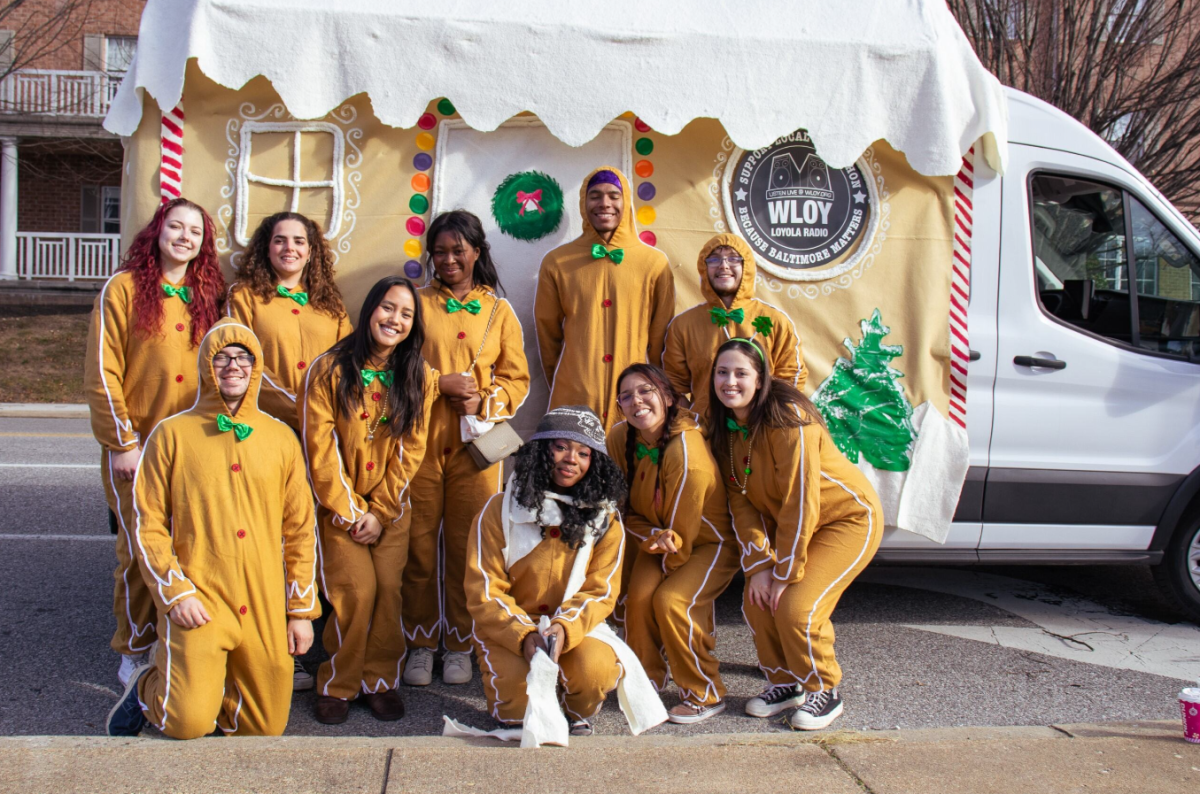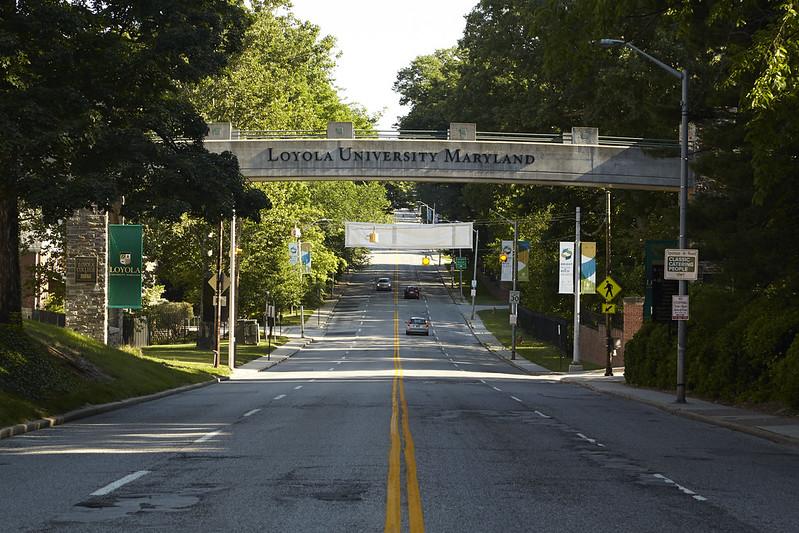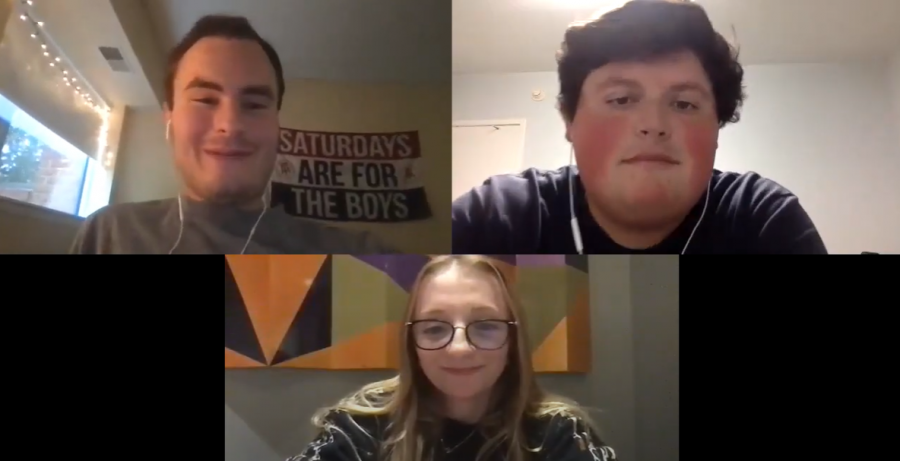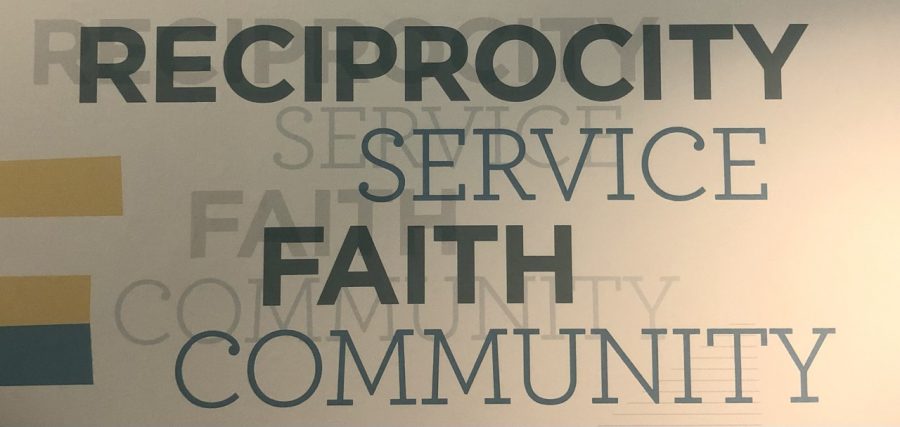By Megan Byrne
Staff Writer
Loyola students and members of the Baltimore community gathered at the 9/11 Memorial Garden on Saturday to pray for a non-violent end to the civil war in Syria. After a brief prayer service that included song, passage readings and Pope Francis’ call to prayer, attendees moved into Cohn Hall to continue the conversation about Syria.
Senior Emily Kane, who focuses on Catholic Social Teaching at her position in Campus Ministry, and junior Tommy O’Donnell, who is a liaison for Catholic Relief Services, hosted the event. When asked what motivated the two to hold the prayer service Kane said, “It’s great to pray and come together in solidarity, but it is also important to advocate and have an educational component.” Kane thinks that when you’re praying you should know why you’re praying and for whom you’re praying.
O’Donnell informed the audience of Catholic Relief Services’ part in helping the citizens of Syria. CRS has raised $26 million for Syria with about $13 going to each refugee. Hundreds of thousands of Syrians fled their country, causing a refugee crisis in the Middle East. Approximately 700,000 refugees are in Lebanon, 500,000 are in Jordan and Turkey each and 160,000 are in Iraq.
Most of the refugees are children, women and the elderly. UNICEF is working in the refugee camps and is providing activities and games for the children in an attempt to draw their attention away from the chaos that has entered their lives due to the war. Syrian refugees are suffering from malnutrition and skin illnesses like scabies because the refugee camps do not have functioning electricity, sanitation or clean water.
Today, Obama will address the nation on why he believes the United States should intervene in Syria. The decision, though, will ultimately be made by Congress. When a number of world leaders met in Russia for the G-20 Summit, Syria quickly became a heavily discussed topic. Many at the summit disagreed with Obama’s plan to use military action; Chinese leader Xi Jinping said, “A political solution is the only right way out of the Syrian crisis.” According to recent polls, the American public is also reluctant to support a military strike in Syria.
With 1,400 dead from the chemical weapons attack in Damascus on Aug. 21, believed to be the fault of Syria’s president Bashar Assad, Obama’s reasoning for intervening is to tell the world that using chemical weapons will not be tolerated. Obama stated, “I want people to understand that gassing innocent people, delivering chemical weapons against children, is not something we do. It’s prohibited in active wars between countries.”
Chemical weapons have been banned since 1925 under the Geneva Protocol. Another Chemical Weapons Convention was held in the early ’90s, and the official document signed in 1993 declared the prohibition of developing, making and holding chemical weapons.
















































































































